-
Food Security as a Driver for Sustainable Peace in Kenya
›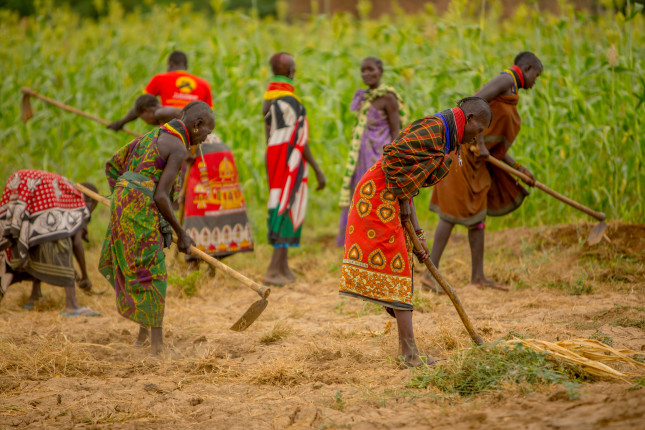
“The food system is complex; it is not just about food production,” said Florence Odiwuor, a Kenyan Southern Voices for Peacebuilding Scholar, at a recent event on the role of food security systems in sustainable peacebuilding in Africa hosted by the Wilson Center’s Africa Program. As a lecturer at the School of Agriculture, Natural Resources, and Environmental Studies at Rongo University, Odiwour observed that given the food system’s interconnectedness with issues like education, gender, finance, and labor, “disruptions or failures in the [food] system have caused a lot of conflict in [Kenya].”
-
Vaccine Diplomacy in the Wake of COVID-19
›
As the COVID-19 pandemic gripped the world in late 2019 and early 2020, the world’s great hope was in the rapid development and deployment of vaccines. Global public health organizations hoped to seize upon the crisis to advance international cooperative efforts to fight COVID-19, and the promise of advanced economies embracing “vaccine diplomacy” to get shots into arms around the planet was a key element in this strategy.
-
Sharing Stories: Prioritizing Sexual and Reproductive Health in Universal Health Coverage
›
“Globally women and girls continue to face barriers to access healthcare services—whether it be transport costs, financial costs, or even language barriers,” said Shakira Choonara, Technical Specialist with the World Health Organization (WHO) at a recent launch event of the Sexual and Reproductive Health (SRH) and Universal Health Coverage (UHC) Learning by Sharing Portal (LSP).
-
Bolivia and Lithium: Can slow and steady win the race?
›
The looming 27th meeting of the Conference of the Parties (COP) of the UNFCCC in Egypt in November 2022 brings with it a moment of truth for many nations. They must intensify decarbonization efforts to meet their share of global commitments agreed upon at the Paris COP. Yet, the already significant challenges also have intensified. Disruptions of oil and gas flows caused by Russia’s invasion of Ukraine are slowing a global green energy transition—at least in the short-term. The depth of the crisis means countries are even scrambling to keep coal-powered plants working.
-
What China’s Heatwave from Hell Tells us About the Future of Climate Action
›
The summer of 2022 has been a season of climatic extremes across the globe, including record-breaking heatwaves and droughts in both the United States and Europe. But even these unprecedented extreme weather events pale in comparison with China’s heatwave from hell. For more than two months, a huge swath of the world’s most populous nation has been baking under temperatures of up to 113 degrees Fahrenheit. According to state media, this extreme heatwave affects an area of over 500,000 square miles, equivalent to more than twice the size of Texas. In terms of duration, intensity, and area affected, it is almost certainly the most severe heatwave ever recorded anywhere in the world.
-
Moving in Opposite Directions: Abortion Rights in Latin America and the United States
›In its June 2022 decision, Dobbs v. Jackson Women’s Health Organization, the U.S. Supreme Court abandoned decades of precedent to strike down the constitutional right to abortion. This ruling—and a shift in regulatory power over abortion to individual states—is having a profound impact in American society. Already, a record number of abortion measures are on ballots to protect or abolish abortion rights. In many states, the fight over abortion access continues to take place in courtrooms. Far from settling the matter, the Supreme Court’s ruling showcases the deep divide over abortion in American society.
-
Climate Security at USAID: (Re)defining an Integrative Issue
›
Climate security is an essential conceptual framework to understand the global interplay of biophysical and socioeconomic forces that threaten our planet. Indeed, it is so important that new currents of science, politics, and advocacy make refining definitions a necessity.
-
Fishing for Equity and Inclusion: Women’s Socioeconomic Factors in Kenyan Fisheries
›August 29, 2022 // By Margaret Gatonye Seeing Loreta sort and dry her Omena sardines at the shores of Lake Victoria in Western Kenya, one may dismiss this small, middle-aged woman as an ordinary fishmonger struggling to earn a living.
Seeing Loreta sort and dry her Omena sardines at the shores of Lake Victoria in Western Kenya, one may dismiss this small, middle-aged woman as an ordinary fishmonger struggling to earn a living.
 A Publication of the Stimson Center.
A Publication of the Stimson Center.


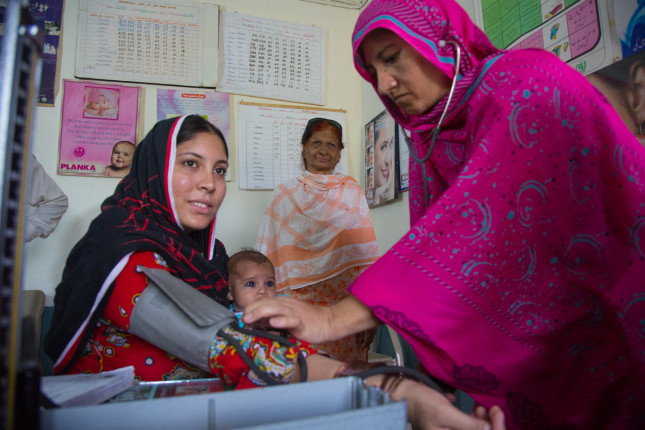
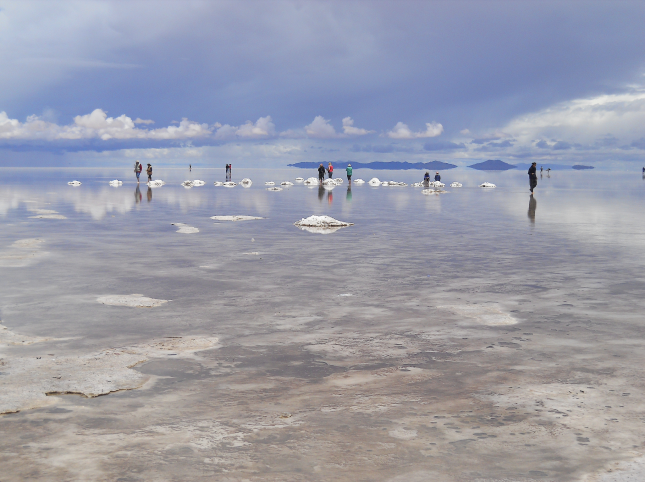
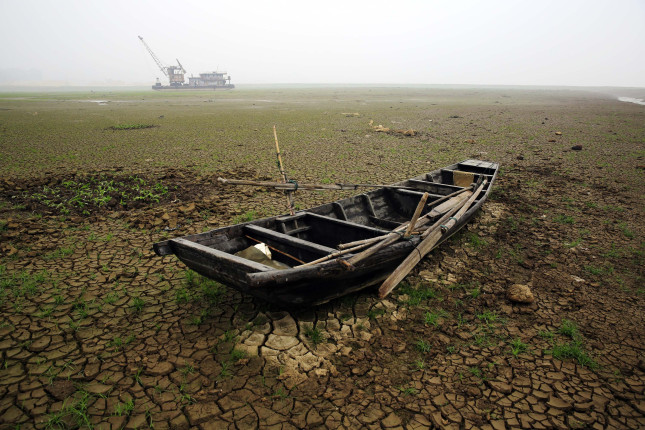

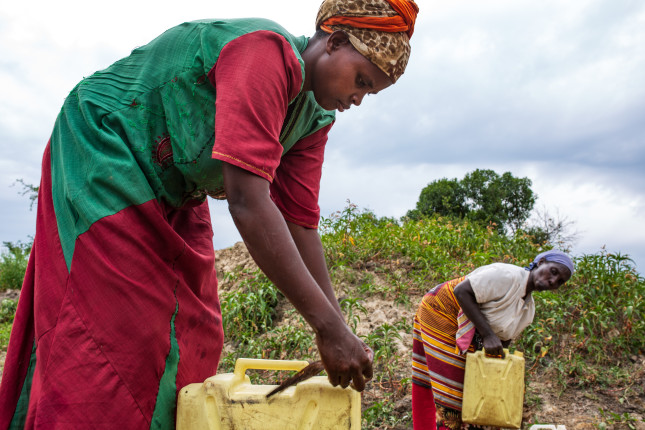
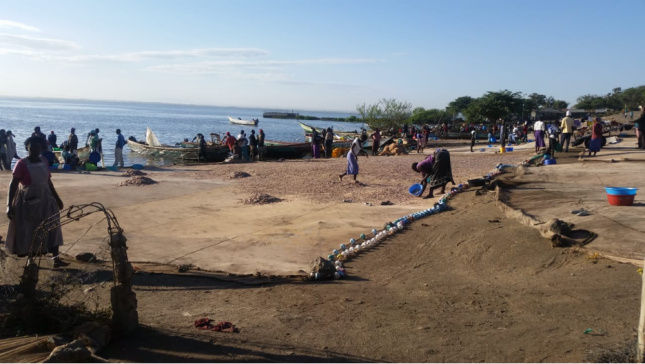 Seeing Loreta sort and dry her Omena sardines at the shores of Lake Victoria in Western Kenya, one may dismiss this small, middle-aged woman as an ordinary fishmonger struggling to earn a living.
Seeing Loreta sort and dry her Omena sardines at the shores of Lake Victoria in Western Kenya, one may dismiss this small, middle-aged woman as an ordinary fishmonger struggling to earn a living.

